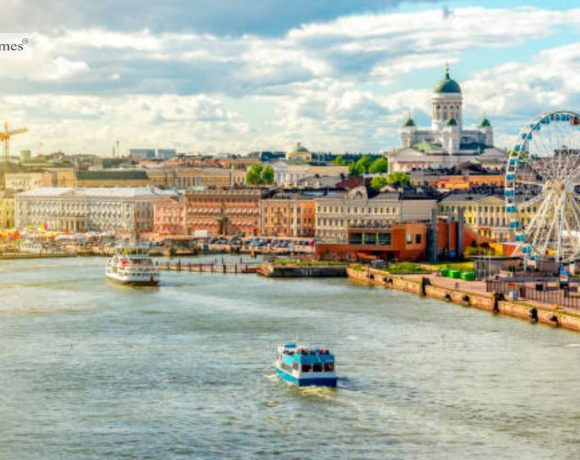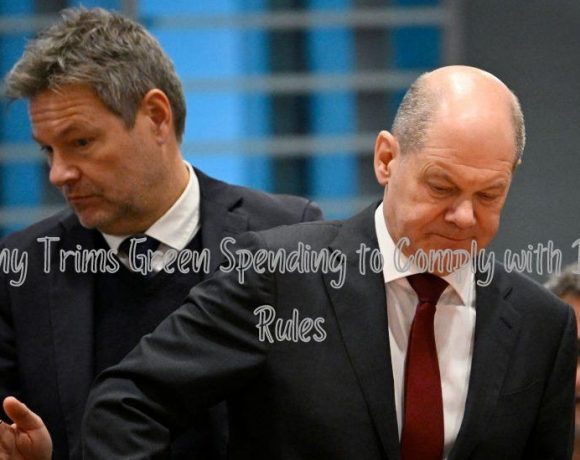
Finland has retained its title as the world’s happiest country for the eighth consecutive year, according to the annual World Happiness Report, despite facing economic challenges. Rising unemployment, stagnating growth, and a strain on public finances are testing the Nordic nation, yet citizens like 33-year-old Juho-Pekka Palomaa remain resilient. Palomaa, who has been unemployed for over 1,000 days, credits Finland’s social safety net for helping him cope, even as some welfare benefits are being trimmed.
The Finnish economy has struggled since Nokia’s collapse in 2014 and has faced further pressure from sanctions on Russia, disrupted trade, and weaker tourism. The Bank of Finland forecasts minimal growth of 0.3% this year, down from 0.4% last year, while unemployment hovers near 10%, and youth unemployment among 15- to 24-year-olds reaches 21.2%.
Despite these challenges, pensions remain largely protected, reflecting the country’s enduring commitment to social security. Experts attribute Finland’s continued happiness to a strong collaborative spirit and resilience among its citizens, helping the nation maintain high levels of well-being even amid economic headwinds.
Pic Courtesy: google/ images are subject to copyright

